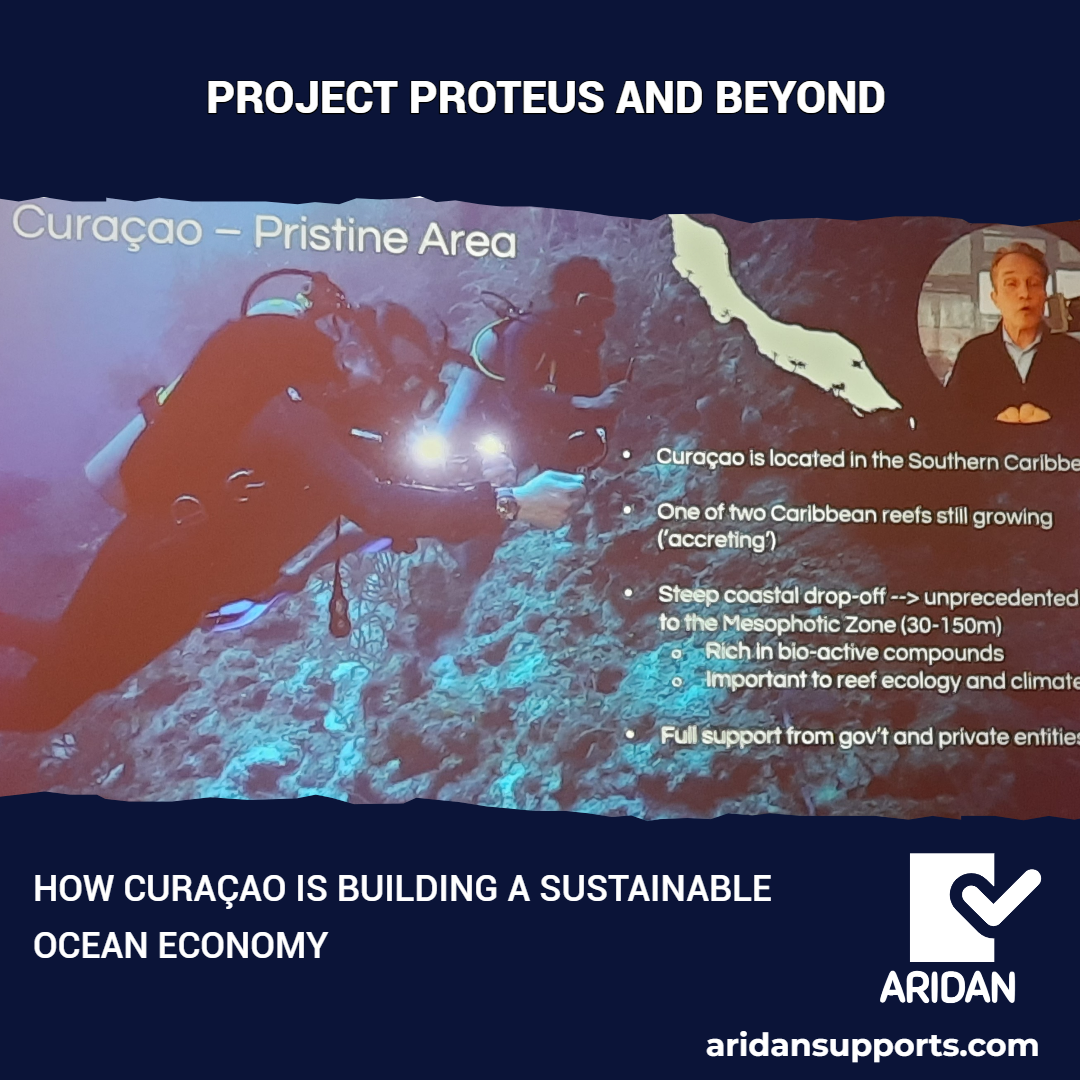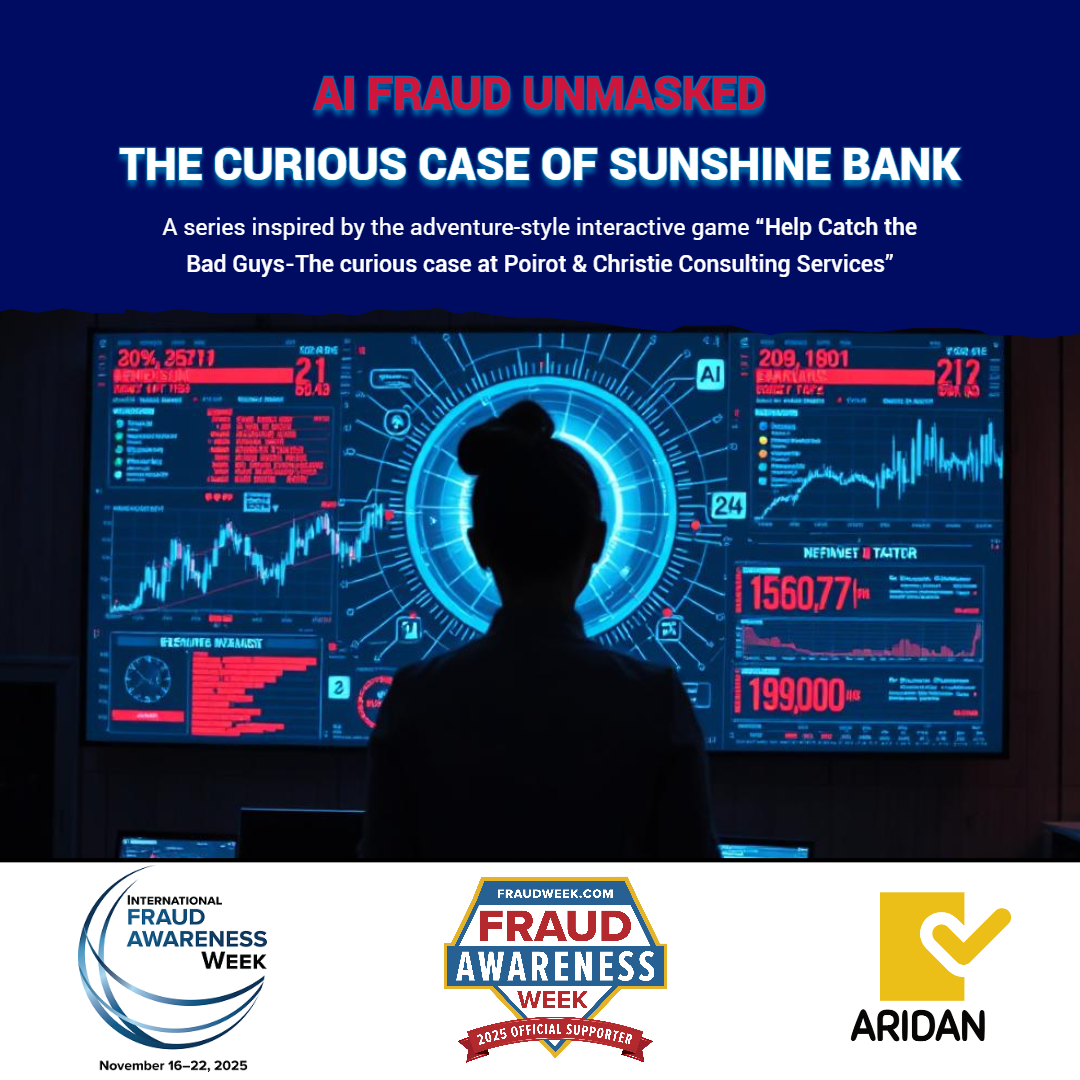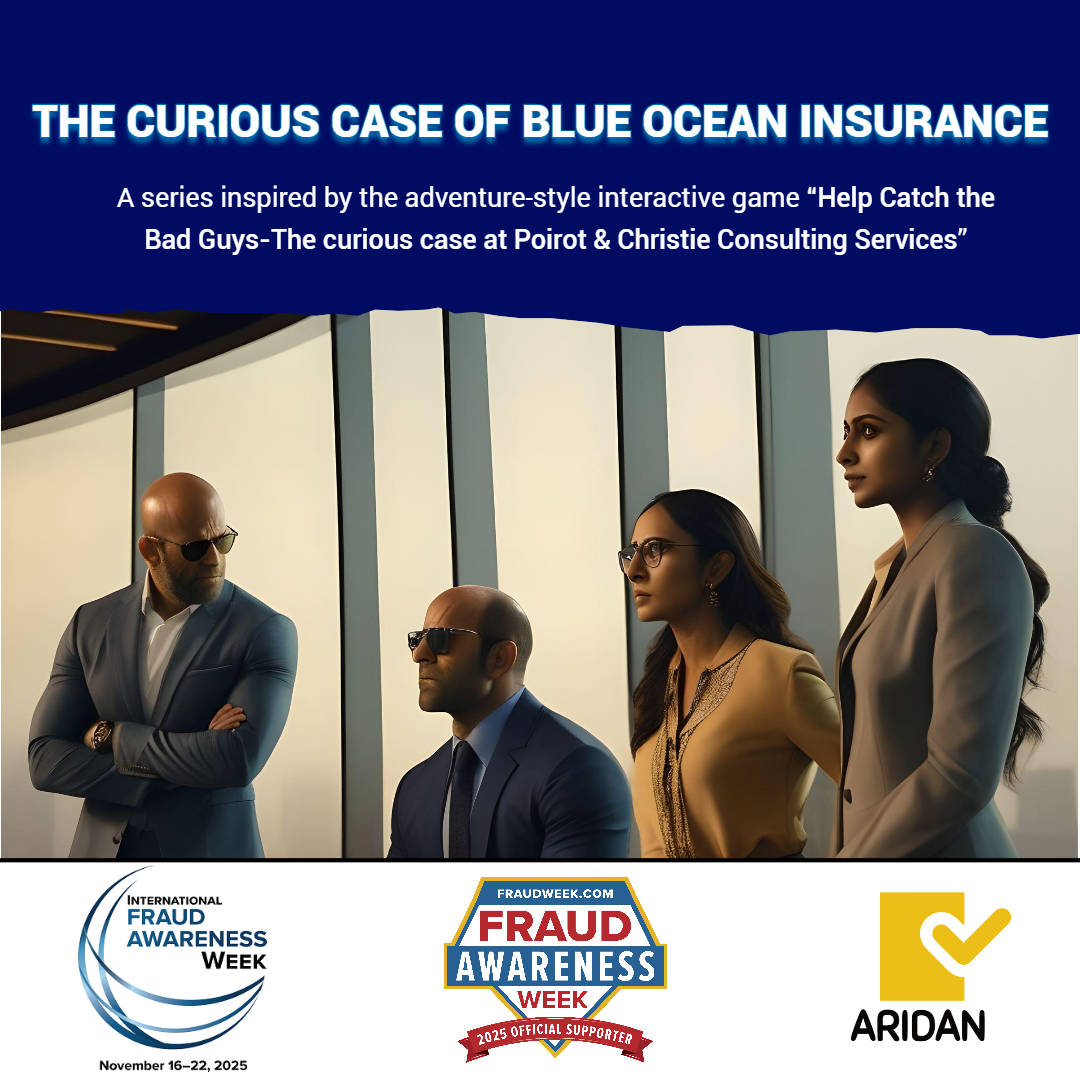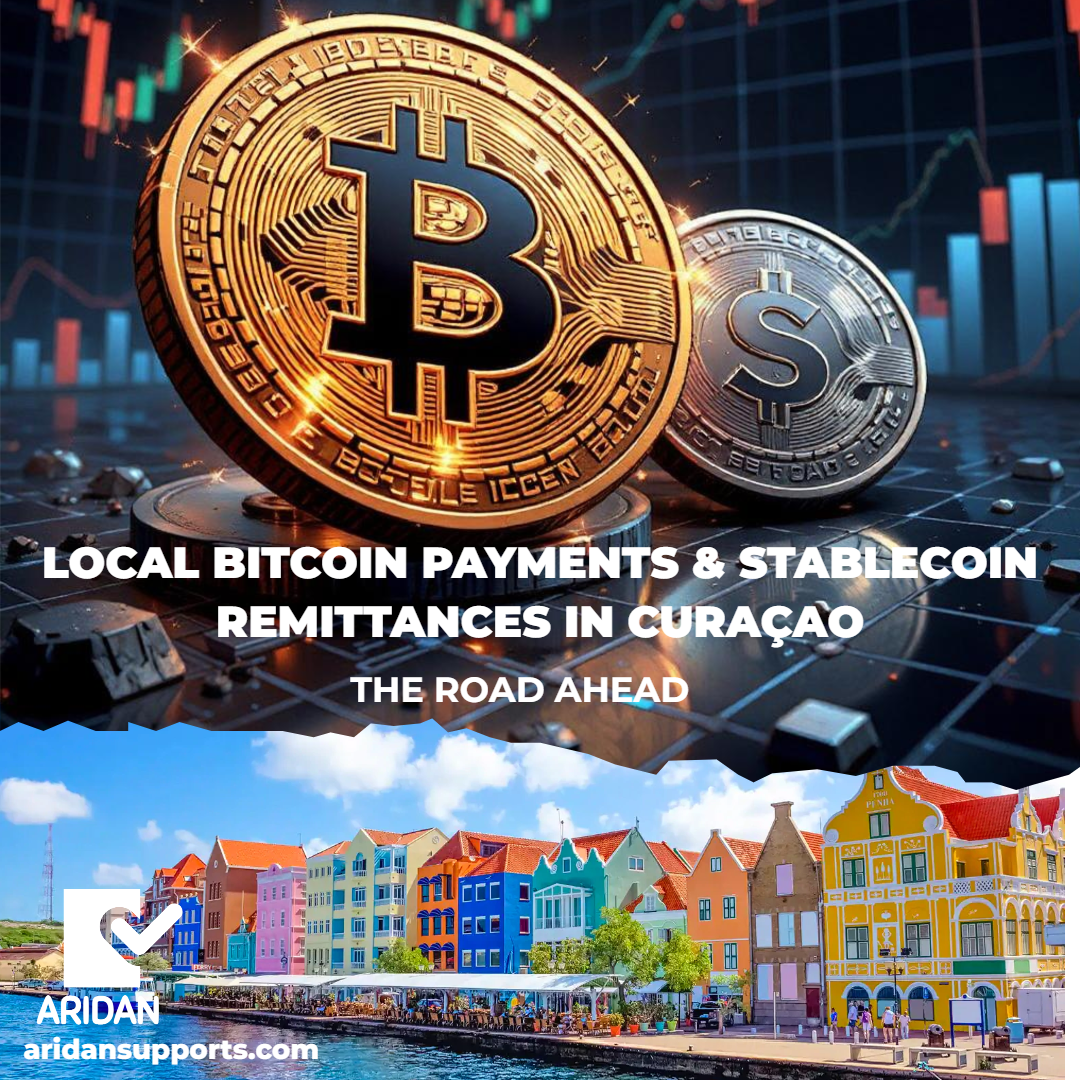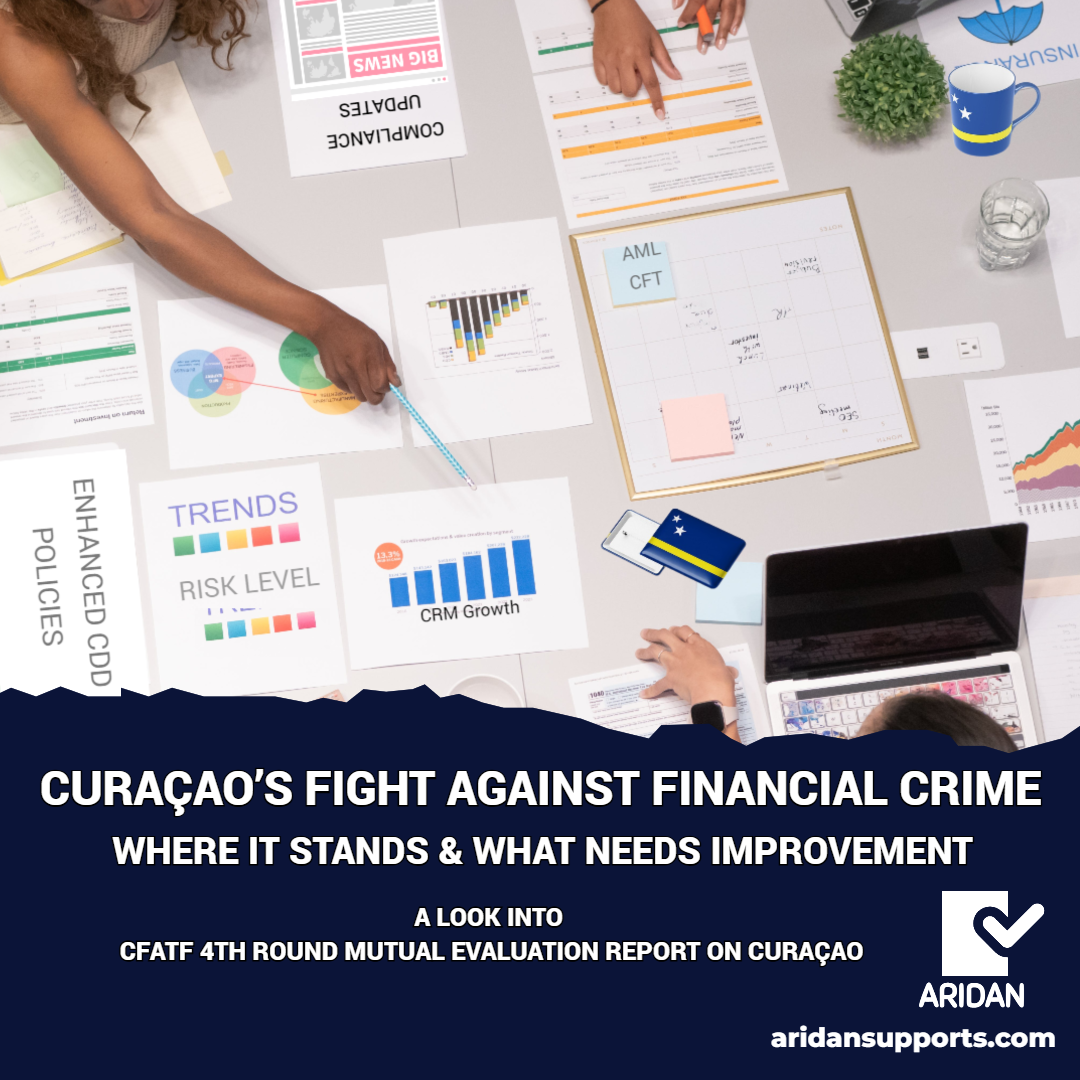Integrity and ethical behavior according to many are important in all corners and levels of society. On an individual level, integrity means being able to justify what you do. It means doing what is right, in all circumstances, even when no one is watching or when no one is on your side.
THE WEEK OF INTEGRITY
Integrity is vital to establishing trust in both personal and business relationships and therefore creates a reputation of reliability and fairness.
The Week of Integrity, held every December’s first week, is the annual multi-stakeholder initiative that aims to foster the exchange of knowledge and stimulate the debate on integrity in the workplace and in the boardroom, at all types of organizations. The Week of Integrity should be an opportunity to promote honest dialogue about integrity.
INTEGRITY IN THE SOCIAL MEDIA ERA
Having the integrity to stand your ground and behind your principles in this era of extreme social media influence is challenging for many. It is very easy for those with influence to change the narrative of what is right and turn it to the other side. It’s easy because no one bothers to check for the truth or the facts anymore. They make it easy to perform online character assassination to scare the targeted and keep them quiet.
People with no integrity easily change their stances on issues to benefit their position. People with integrity often remain the same even when the situation is against them but benefits the majority. People with no integrity go along with the flow of what is currently acceptable to say on mainstream and are unable to be part of constructive discussion.
INTEGRITY DURING THE PANDEMIC
Sometimes they go to the extremes of shutting down the discussion by discrediting those who are willing to talk through online character assassinations that most of the time are based on gossip and lies. We have seen clear examples during the COVID pandemic of renowned doctors who have been silenced because they dared to question the methods of handling the pandemic through the Great Barrington declaration.
Methods such as the lockdowns that we now know did have severe consequences on people’s behavior. According to the Johns Hopkins Study, the following should have been considered:
-
“People respond to dangers outside their door” When a pandemic rages, people believe in social distancing regardless of what the government mandates.
-
“Mandates only regulate a fraction of our potential contagious contacts and can hardly regulate nor enforce handwashing, coughing etiquette, distancing in supermarkets, etc.” People rapidly learn what is effective and what is not.
-
“Even if lockdowns are successful in initially reducing the spread of COVID-19, the behavioral response may counteract the effect completely, as people respond to the lower risk by changing behavior.”
-
“Unintended consequences may play a larger role than recognized, often, lockdowns have limited peoples’ access to safe (outdoor) places such as beaches, parks, and zoos, or included outdoor mask mandates or strict outdoor gathering restrictions, pushing people to meet at less safe (indoor) places.”
If people voluntarily adjust their behavior to the risk of the pandemic, closing down non-essential businesses may simply reallocate consumer visits away from “nonessential” to “essential” businesses. But here there was some confusion between what according to the governments was considered “nonessential” and “essential”. It is still mind-boggling to think of junk food as essential while restaurants offering healthier food were “nonessential”.
Outdoor mask mandates included wearing a mask inside the car or at the park.
But what was even more influential to people’s behavior was seeing the behavior of the wealthy versus the rest which had a major impact on how people behaved going forward. Rules for thee but not for me indicated that the severity of the situation was not as severe as it was pictured by the mainstream media.
During the pandemic, there was no room for discussion about any of the above and many knew it was not the right stance. In general, it has become difficult to talk about a currently popular topic and mention the challenges and disadvantages that it brings. It has become easier to shut down discussions and dialogue about important topics. Instead, we have debates that reinforce what each side is thinking and make it difficult for each side to understand each other and come to a point of understanding. We’re talking at each other instead of talking to each other.
NO TRANSPARENCY NO TRUST
It’s hard to carry integrity and ethics when there is no transparency and trust and unfortunately, it is a behavioral occurrence that everyone sees but chooses to ignore and even support.
It’s hard to talk about pollution that has a significant impact without addressing the large polluters, the 1%, and the military. While the common people are asked to fly less and drive electric cars the 1% still use transport traditionally and continue to live their life as they used to. Bomb testing and bomb attacks bring significant negative consequences on ground level, water, and air, yet I’ve never seen a protest against it in the mainstream.
NO OPEN DIALOGUE
One of the biggest recent natural disasters, the 2022 Nord Stream pipeline sabotage is barely addressed in the mainstream in the context of ecological news and its devastating consequences on sea life. Why is that?
It’s hard to talk about green energy when discussions about challenges to the accepted green alternatives are dismissed. Examples include the disposal and/or recycling of windmills and solar panels and the handling of obsolete EV batteries and other electronics. Sooner or later, we will have to deal with these waste issues and unfortunately, it seems that they will be handled when the problem becomes unimaginable.
It’s hard to talk about green energy without discussing other alternatives such as nuclear and bio-energy. It’s hard to talk about green energy when flora and fauna are destroyed to build the space for green energy projects. It seems as if the conservation and regeneration of nature have lost its importance in the environmental debate. Cows are not the problem. The methane they emit is part of a biogenic cycle. The alternative proposed to real meat “Labmeat” will increase the demand for land for feedstock and will increase emissions even more. Unfortunately, honest discussions about these topics are constantly avoided.
It’s hard to talk about climate change when human rights are violated. It’s heartbreaking to see people prioritize certain green projects that do not necessarily preserve nature over social economic projects that could improve the lives of the poor. Especially when these green projects are not concretely preserving the environment and its natural progression but rather destroying it. These projects contribute to the corruption of agriculture and food systems compared to other green projects focused on regenerative organic agriculture of smallholder family farms, which produces more health and wealth per acre.
It’s hard to talk about human rights in favor of a specific group of people when many other groups have been dealing with decades of abuse and neglect. It’s hard to talk about ethics when politicians and their family members are allowed to make significant business deals because of their position and influence.
There seems to be an unwillingness to openly discuss and have a productive dialogue on several issues. What does this say about the integrity of the people involved in these discussions? When there is no open dialogue to explore the pros and cons, when there is no certainty about the truth because there is no transparency, How do we expect people to trust anything anymore?
No open dialogue, no transparency, no trust.

NO INTEGRITY AT THE TOP
It’s hard to talk about being honest as an employee when those are the top are corrupted and are supported by a corrupted justice system. But it explains how they have so much power to silence people in every way possible.
Their lack of morals and principles is what leads them to be corrupted. And they don’t face severe consequences. In very few cases top executives go to jail and serve their sentenced time. It usually ends with a shorter jail time, house arrest, or paying a fine.
WHY DO ETHICAL PEOPLE MAKE UNETHICAL CHOICES?
You will find people with zero integrity, people with some integrity, and people who lead with integrity. Those with some integrity will be easily coerced by their ambitions and the influence of their corrupted superiors.
The people who lead their lives with integrity are the ones who suffer the most from the corrupted system that favors those with power. From character assassinations to make sure you won’t be able to find work anywhere or influencing advertisers and sponsors to break the business relationship with you, to death threats instilling fear to control your life, or personal threats to family members and friends making you afraid to make any step to uncover the fraud. These could lead someone to make unethical choices based on fear. It’s mostly the influence and coercion of those at the top that push ethical people to make unethical choices.
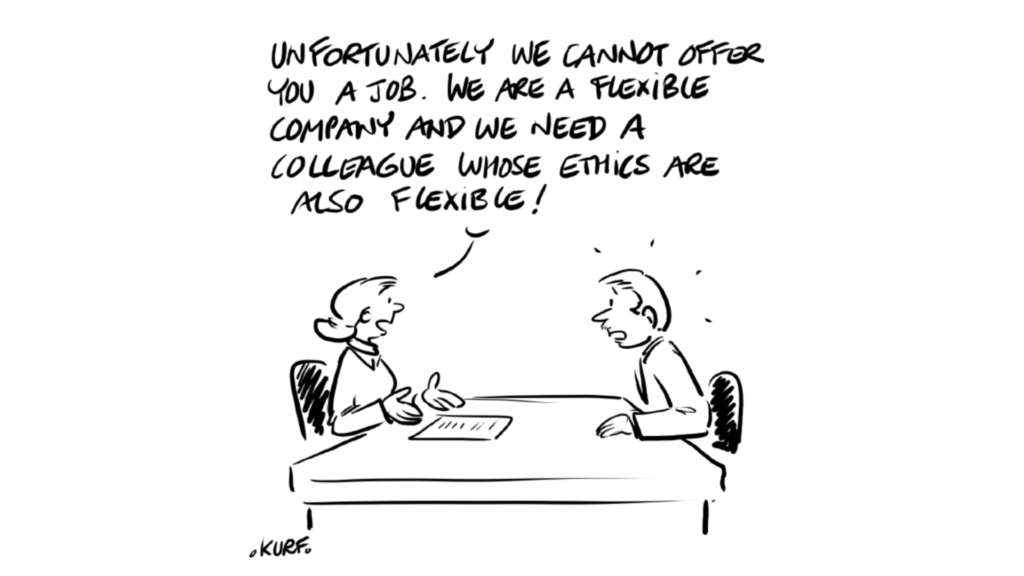
WHAT CAN BE DONE?
Lawmakers and the justice system should take accountability more seriously. On an individual level, make sure that the rules apply to everyone, no matter their surname or family ties. On a business level, make laws that protect whistleblowers and foster an ethical work environment. And most importantly, have no mercy on businesses that engage in criminal activities.
Charging businesses with fines, especially big businesses is not working. They pay the fine and continue doing business as usual. The reputational risk is not even significant to them anymore as they have the budget to set up campaigns to gain back their good name. A more effective penalty is suspending or taking away their business licenses. This directly affects their financial position.
FINAL THOUGHTS
When people are too tolerant to compromise their values and principles and are willing to look the other side this leads to unethical behavior that consequently leads to fraud and corruption. Taking a stand and staying strong on your principles and values in this era will inevitably lead to attempts at character assassination. You’ll be labeled intolerant, or an -ist depending on who you’re against.
In these times where headlines and viral videos are the news, people are quick to judge no matter the circumstances. The right thing to do is to get the full context before giving any public statements. In business terms, perform an effective risk assessment but more than often those in business are disconnected from reality to even comprehend why certain matters such as public trust, accountability, and authenticity are important for their customers.
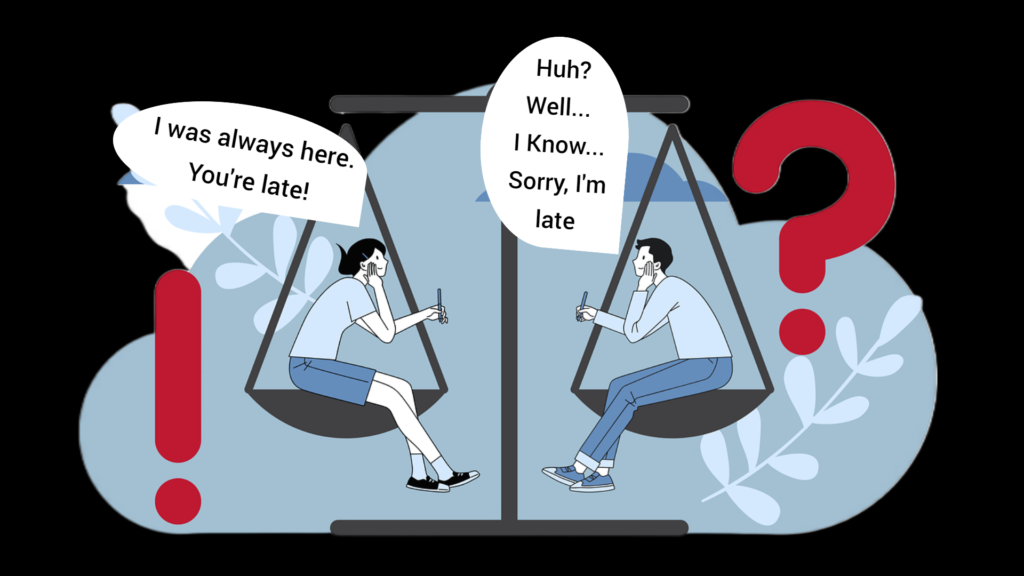
Having integrity and maintaining it is a challenging task. It’s a lonely road for many and only a few dare to embark on that honest journey.
Eventually, when the truth comes out, which often happens years later or during investigations, some people will apologetically meet you again on the road. You realize how you stayed with the same values and principles. The experience will also give you the understanding to pay more attention to your environment and the people around you.



